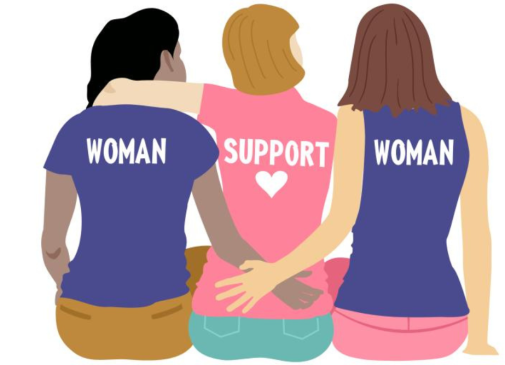
LIFE AFTER FIBROID TREATMENT
Uterine fibroids often cause painful and inconvenient symptoms. Some women may find themselves bleeding through sanitary pads frequently, or maybe they consistently miss work from fibroid pain. Regardless of the specific symptoms that fibroids can cause, we understand that living with fibroids is a challenge.
For some women with fibroids, the symptoms may progress to be so significant that treatment is needed indefinitely. Unfortunately, there are many women that assume a hysterectomy or fibroid removal (myomectomy) is their only option to find relief from fibroid pain. After a hysterectomy, a woman is no longer able to conceive a child be the uterus has been removed. Although this method of fibroid treatment does provide effective relief from fibroid pain, its not always the best solution for women that hope to have a child one day.
LIFE AFTER HYSTERECTOMY
After a hysterectomy, recovery takes about 6 to 8 weeks. During this time period you are unable to go to work, do housework, or exercise. This method of fibroid treatment is a major surgery that should not be taken lightly. Many women that have had a hysterectomy often feel a sense of sadness or grief from losing their ability to get pregnant. Even if you didn’t want to have children, losing your uterus can be an emotionally difficult situation.
LIFE AFTER MYOMECTOMY
Myomectomy is different from hysterectomy in that the uterus stays in place while the fibroids are removed. This form of treatment is often sought after by prospective mothers because they believe it will not interfere with their chance of getting pregnant. Myomectomy allows for a slightly shorter recovery than hysterectomy, about 4-6 weeks. During this time, you will have to miss work and avoid any form of physical activity. This fibroid treatment procedure can provide effective relief; however, younger women do have a higher chance of the fibroids returning even after treatment.
HOW TREATMENT IMPROVES QUALITY OF LIFE
Every form of medical treatment available, for any health condition, has its complications and risks. In most situations, these complications outweigh the pain and discomfort caused by the untreated condition. This is very true for many women with fibroids. Although they may be concerned about having a major surgery done to have the fibroids removed, this is often much less concerning than the idea of living with fibroid pain for years to decades. Hysterectomy may seem like a very scary decision, but there are many women that had hysterectomies that go on to live a healthy, fulfilled life.
Choosing a fibroid treatment is very dependent on lifestyle and the state of the fibroids. Some women with very large fibroids may be forced to make decisions for treatment that they were not prepared for. In these cases, life after fibroid treatment can be very difficult as many women struggle to cope with the loss of their uterus.
YOU ARE NOT ALONE
If you have fibroids, have had a hysterectomy, or myomectomy, or any other form of fibroid treatment, we want you to know you are not alone. There are millions of women struggling with fibroids in the US, and as Fibroid Fighters, its our duty to educate and raise awareness so these women can make a treatment decision that is best for them. Join the #FibroidFighters today!







